Are you a Matcha seller? Join as a Vendor
Clearspring has spent over three decades building direct relationships with Japanese farmers to bring authentic organic matcha to Western kitchens. Founded in 1993 by Christopher Dawson, the brand emerged from a simple conviction: traditional Japanese foods deserve to be experienced in their purest form, without compromise.
The Uji region near Kyoto produces some of Japan’s most prized matcha, and Clearspring sources exclusively from this historic area. These tea gardens have perfected their craft over centuries, using shade-growing techniques that boost chlorophyll levels and create matcha’s distinctive umami flavor. By partnering directly with these producers, Clearspring ensures every batch meets rigorous quality standards.
The brand’s commitment to traditional stone-grinding methods sets their matcha apart. While industrial processing can generate heat that degrades flavor and nutrients, stone mills work slowly and gently, preserving the delicate compounds that make premium matcha exceptional.
Organic certification isn’t just a label for Clearspring—it represents their founding philosophy. Every tea plant grows without synthetic pesticides or fertilizers, following sustainable agricultural practices that protect soil health and biodiversity. This approach yields matcha with cleaner flavor profiles and peace of mind for health-conscious consumers.
The brand offers both ceremonial and culinary grades, recognizing that different uses demand different characteristics. Ceremonial grade matcha delivers the smooth, complex flavor ideal for traditional preparation, while culinary varieties provide robust taste that shines in lattes, smoothies, and baking.
While matcha remains a cornerstone offering, Clearspring’s expertise spans the full spectrum of Japanese pantry staples. This broader perspective informs their understanding of how matcha fits into both traditional tea ceremonies and modern culinary applications.
Three decades of experience have taught Clearspring what Western consumers value in Japanese foods:
For matcha enthusiasts seeking genuine Japanese quality backed by organic principles and time-tested relationships, Clearspring represents a reliable choice. Their approach balances respect for tradition with practical understanding of how modern consumers incorporate matcha into daily life.
Clearspring offers two distinct grades of organic matcha green tea powder sourced from Japan’s renowned Uji region, each crafted to meet different culinary and ceremonial needs.
Ceremonial Grade represents Clearspring’s finest matcha offering, made from the smallest shade-grown leaves harvested from the very tip of the tea bush. This premium grade delivers a vibrant green color and a slightly sweet, smooth flavor that makes it ideal for traditional Japanese tea ceremonies. The careful selection of only the finest young leaves ensures an authentic ceremonial experience with minimal bitterness.
Premium Grade matcha provides excellent versatility for both drinking and culinary applications. This grade excels in lattes, smoothies, and baking, adding distinctive flavor and natural green color to food and drink recipes. The balanced profile makes it perfect for home cooks and beverage enthusiasts seeking to incorporate authentic Japanese matcha into their daily routines.
All Clearspring matcha undergoes traditional processing methods that preserve the tea’s natural integrity. The production process includes shading tea plants for several weeks before harvest to elevate chlorophyll and L-theanine levels, enhancing both color and umami (savory taste). Hand-picking occurs during the first flush (Ichibancha) in early spring, ensuring optimal flavor and texture from the youngest, most tender leaves.
Following harvest, leaves undergo rapid steaming for 15-20 seconds to prevent oxidation and preserve the fresh, vibrant green color. The steamed leaves are then dried and meticulously sorted to remove stems and veins, leaving only pure leaf material called tencha. The final step involves stone-grinding using traditional granite mills, a slow process that can take up to an hour to produce just 30 grams of matcha, preventing overheating and safeguarding the delicate flavor profile.
Clearspring’s commitment to quality extends to their Demeter Organic certification, representing the highest organic standards worldwide and signifying biodynamic farming practices that emphasize soil health and biodiversity. The company also maintains kosher and plant-based certifications, catering to diverse dietary preferences and requirements.
Clearspring’s story begins not in Japan, but with a young New Zealander’s growing concern about modern agriculture’s environmental impact in the early 1970s. Christopher Dawson questioned the sustainability of deforestation and monoculture practices, setting him on a path that would eventually lead to one of the UK’s most respected organic food companies.
Dawson’s hands-on experience working with organic producers in New Zealand provided the foundation for his understanding of sustainable agriculture. In 1974, he moved to the UK to continue his studies, deepening his knowledge of alternative farming methods. However, it was his inspiring journey to Japan around 1980 that truly ignited his passion for traditional food production methods.
The profound impact of Japanese food culture and traditional production techniques led Dawson to establish Clearspring in 1993. The company’s mission was clear from the beginning: to offer high-quality organic foods crafted using time-honored recipes while championing knowledge-sharing and regenerative agriculture.
One of Clearspring’s most significant challenges was establishing credibility in a market saturated with conventional food producers. The company distinguished itself by emphasizing authenticity, minimal processing, and a steadfast commitment to avoiding artificial additives. This dedication resonated with consumers seeking genuine, wholesome foods.
Clearspring’s matcha offerings showcase the company’s commitment to traditional Japanese methods. Sourced from the esteemed Uji region of Japan, their matcha production adheres to centuries-old techniques. The process begins with shading tea plants for several weeks before harvest to elevate chlorophyll and L-theanine levels, enhancing both color and umami flavor.
Skilled workers hand-pick only the finest, youngest leaves during the first flush (Ichibancha) in early spring. The harvested leaves undergo rapid steaming to halt oxidation, followed by meticulous drying and sorting to eliminate stems and veins, leaving only the purest leaf material known as tencha. Finally, traditional granite stone mills slowly grind the tencha into ultra-fine powder, a process that can take up to an hour to produce just 30 grams of matcha.
Clearspring’s relationship with the Nagata family, their third-generation artisan producer, exemplifies their dedication to authentic production. The Nagata family abandoned chemical-dependent agriculture in 1974, embracing sustainable organic practices that foster biodiversity—a philosophy that perfectly aligns with Clearspring’s values.
The company’s commitment to organic practices is underscored by its Demeter Organic certification, representing adherence to the highest quality organic standards worldwide. Demeter certification signifies biodynamic farming practices that surpass conventional organic requirements, emphasizing soil health, biodiversity, and holistic farm management. Clearspring also maintains kosher and plant-based certifications.
A key milestone in Clearspring’s evolution was the successful generational transition to Dawson’s daughter, Maria Dawson, ensuring the company’s values and mission would endure. Under her leadership, the company continues to thrive with a motivated team while maintaining its commitment to clarity, honesty, and purpose in an increasingly competitive market.
After working with organic producers in New Zealand and developing concerns about modern agriculture’s environmental impact, Christopher Dawson moved to the UK to continue his studies in sustainable farming methods, laying the groundwork for his future company.
Christopher Dawson embarked on an inspiring journey to Japan that ignited his passion for traditional food production methods and Japanese culture. This transformative experience would directly lead to the founding of Clearspring and its focus on authentic Japanese foods.
Christopher Dawson established Clearspring as a family-run business dedicated to offering high-quality organic foods crafted using time-honored recipes. The company’s mission emphasized authenticity, minimal processing, and a commitment to avoiding artificial additives while championing knowledge-sharing and regenerative agriculture.
Clearspring successfully completed a generational transition with Christopher Dawson’s daughter Maria taking leadership of the company. This milestone ensured the continuation of the company’s core values and mission while maintaining its position as a respected provider of authentic Japanese and organic foods.
Find below some answers to the most common questions about Clearspring.
Clearspring Ceremonial Grade uses the finest, smallest shade-grown leaves from the very tip of the tea bush, creating a vibrant green color and slightly sweet, smooth flavor ideal for traditional tea ceremonies. Premium Grade offers excellent versatility for both drinking and home baking, adding unique flavor and color to lattes, smoothies, and baked goods.
Both grades are sourced from the Uji region of Japan and produced by Clearspring’s partner, the Nagata family, but the Ceremonial Grade represents the highest quality leaves from the first flush harvest.
Clearspring transparently acknowledges that some customers have reported variations in their matcha’s color. The company explains this occurs due to natural variations in harvest and processing – factors inherent to authentic, minimally processed matcha.
Rather than using artificial methods to standardize appearance, Clearspring maintains their commitment to traditional production methods with their Nagata family partners, accepting these natural variations as part of authentic matcha production.
Clearspring works exclusively with the Nagata family, third-generation artisan producers who abandoned chemical-dependent agriculture in 1974 to embrace sustainable organic practices. This long-term relationship, spanning decades, ensures consistent quality and shared values.
Demeter Organic certification represents the highest quality organic standards worldwide, going far beyond conventional organic requirements. For Clearspring’s matcha, this means:
The certification signifies biodynamic farming practices that emphasize soil health, biodiversity, and holistic farm management. This approach, combined with Clearspring’s kosher and plant-based certifications, reflects founder Christopher Dawson’s original vision from 1993 of supporting regenerative agriculture and authentic Japanese food production methods.
Christopher Dawson’s journey from questioning modern agriculture’s environmental impact in 1970s New Zealand to founding Clearspring in 1993 shaped the company’s unique philosophy. His hands-on experience with organic producers in New Zealand, followed by studies in the UK, gave him a deep understanding of sustainable agriculture before his pivotal trip to Japan.
This background led Clearspring to emphasize minimal processing, traditional methods, and long-term partnerships with producers like the Nagata family. Now under daughter Maria Dawson’s leadership, the company maintains this commitment to authenticity and environmental responsibility that distinguishes it from conventional matcha importers.
There are no results matching your search
Click below to see the profile of a matcha brands similar to Clearspring.
No results available
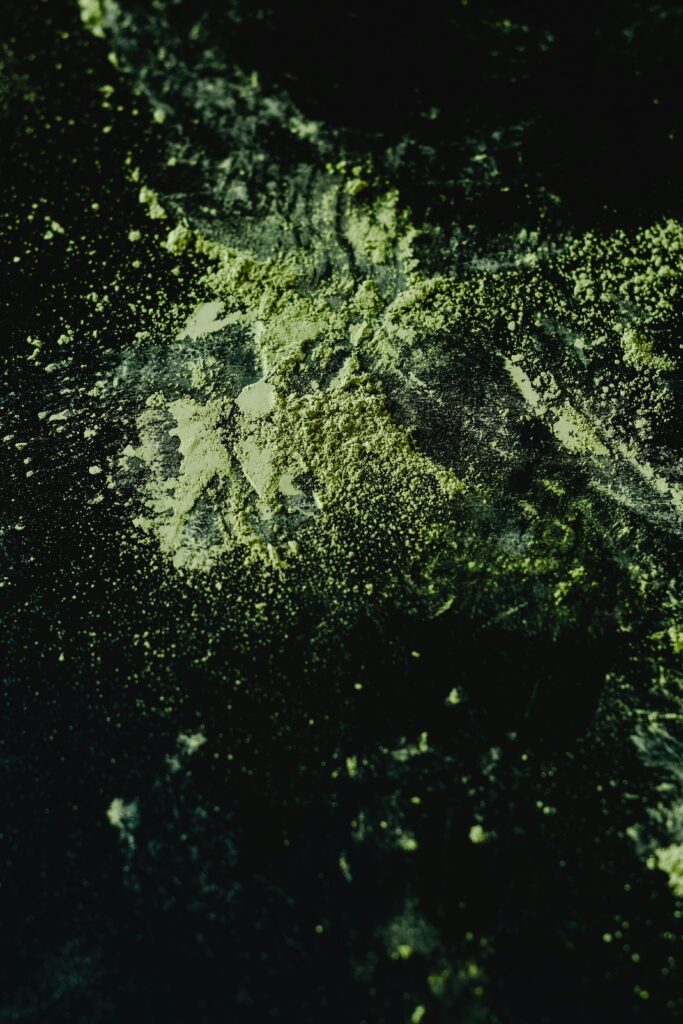
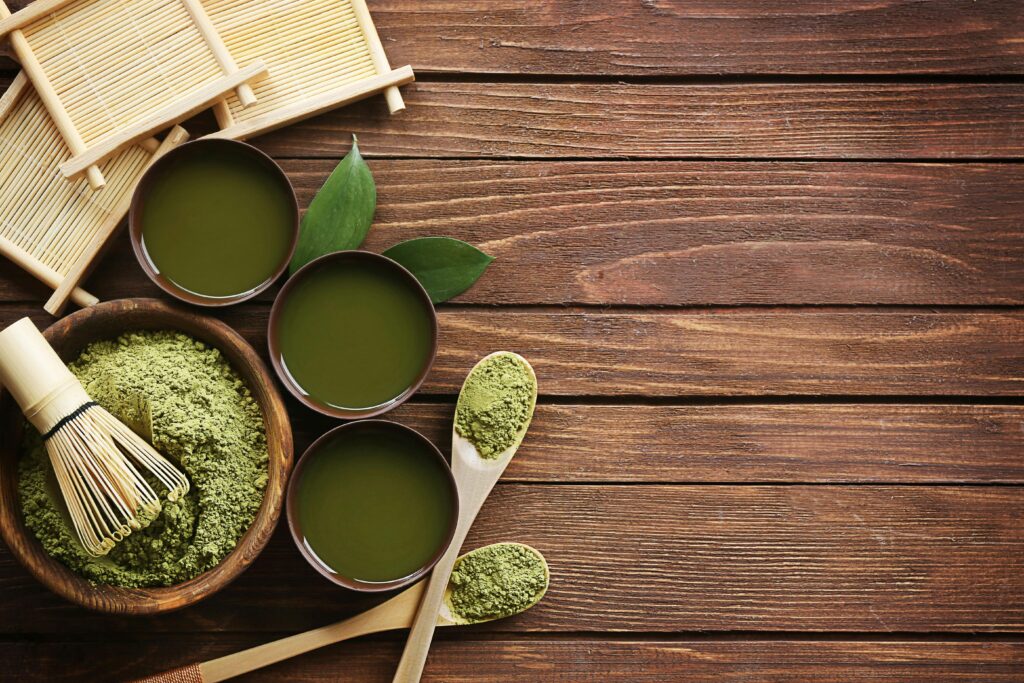
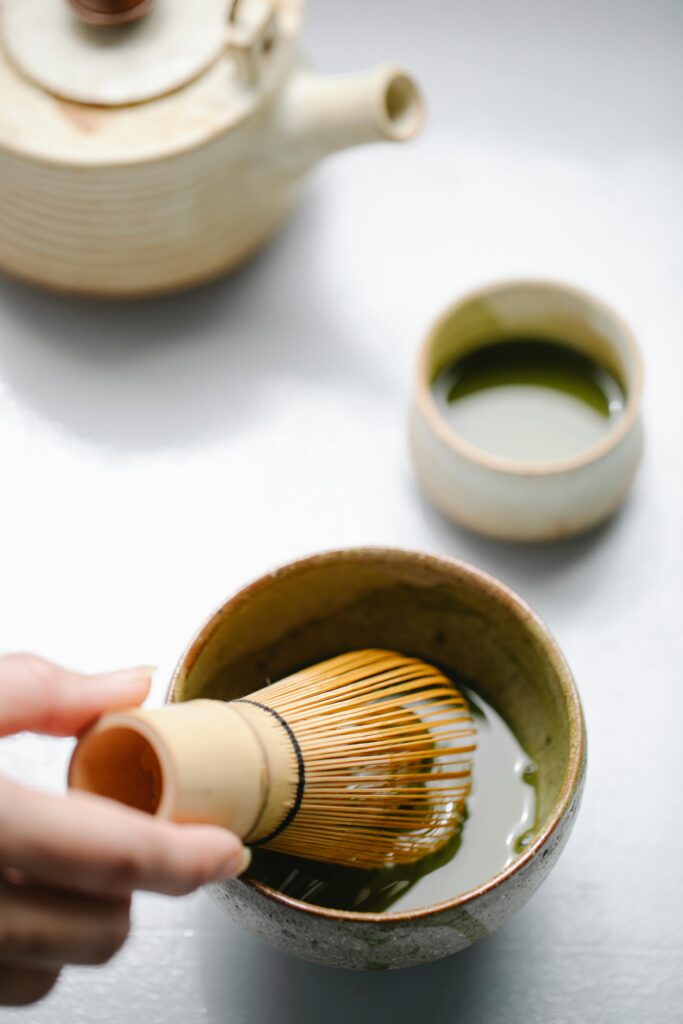
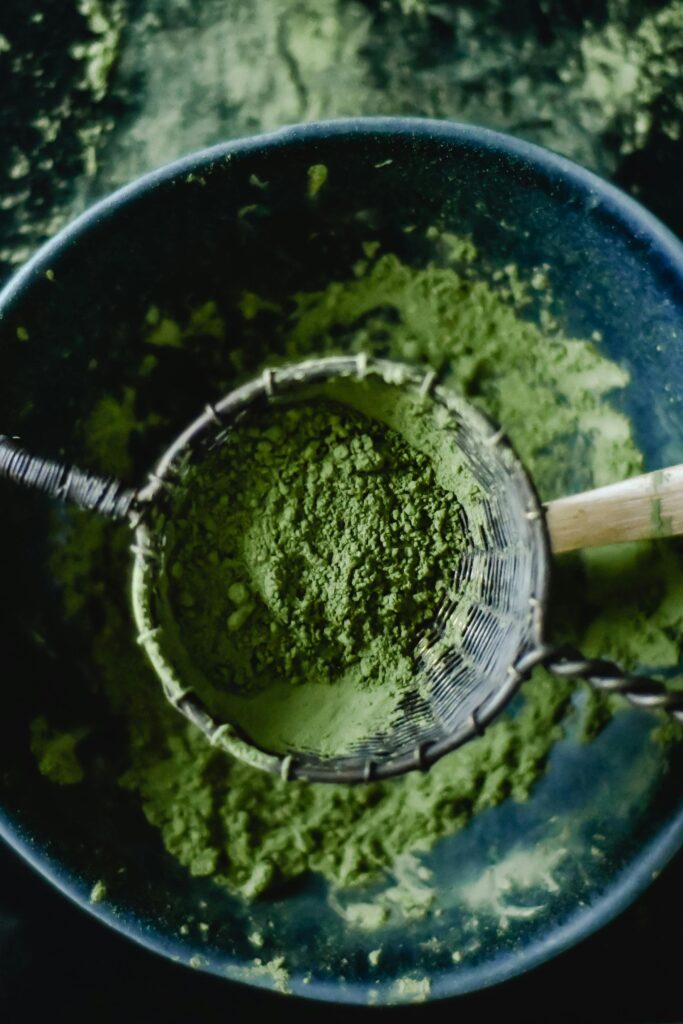
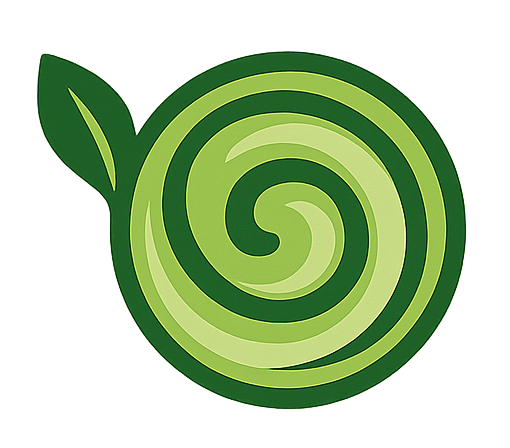
Join our mailing list to receive updates and exclusive tips.
There are no results matching your search